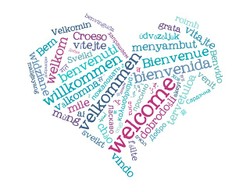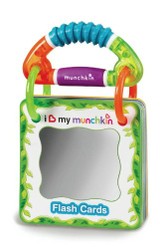______________________________________________________________
When you boil it down, vocabulary is one of the most important things you can learn. Communicating at higher levels in corporate america or even to higher (financial class) class individuals used to hearing certain words all the time.
In some circles if you don't use certain words and use the correctly, you can be shunned as an outsider. One place this really holds true is in high earning job interviews. How you talk and what words you use can show your astute or a poser, words can convey intelligence and even class.
Years ago I came to realize that words are much more than just communication tools, they can make or break an article, a meeting, even a job interview.
I got a program called "Verbal Advantage" and it changed my life. Besides just teaching you all the powerful vocabulary commonly used by all classes (some specific to higher classes) they explain the entire history of the word, the proper pronunciation of the word, and how it's used. You learn as you go adding more and more words to your vocabulary.
The system uses a tiered system where by you learn gradually and gradually the terminology your learning gets more complex. By the time you finish the course you not only know fluently the words, can say them and even explain how they came to be, but you will use them correctly and see your life change around you. I never thought vocabulary alone could change everything but it really can!
You also realize that using certain words, for example, in an article that's supposed to appeal to several levels of people, you don't use elusive words (elusive if you never heard them before). You save those for power emails (i.e. to a corporate body) and the like. You can also use them in different potency for different things to make yourself look pretty astute, and in reality- you are.
Good Luck out there!
______________________________________________________________










 Making Money Online is Not Impossible, It Just Takes Putting Yourself Out Thereon 09/25/2012
Making Money Online is Not Impossible, It Just Takes Putting Yourself Out Thereon 09/25/2012
 Thump. Looking For True Loveon 09/28/2012
Thump. Looking For True Loveon 09/28/2012
 Cure Tooth Decay Ramiel Nagel And Dr. Weston Price's Nutrition and Physical Regeneration Bookson 03/17/2013
Cure Tooth Decay Ramiel Nagel And Dr. Weston Price's Nutrition and Physical Regeneration Bookson 03/17/2013
 Cleaning Wool Rugs - Excellent Results At Homeon 03/10/2013
Cleaning Wool Rugs - Excellent Results At Homeon 03/10/2013



Comments
Great read, Jerrico_usher!
You bring up a good point in how people often misuse higher tier vocab words. I see it all the time. Knowing the definition alone just won't suffice when it comes to actually using the word in written or verbal conversation.
I want to recommend this site http://wordsinasentence.com which uses the vocabulary words in sentences. The sentences contain strong contextual clues which scream out the word's meaning. I find contextual sentences far more effective than forgettable, and sometimes difficult to understand definitions.
It's so cool so see how the pretentious and pompous sounding words can be used the right way with numerous sentence examples. That's why I'm not a big fan of dictionaries because they provide little guidance in how to use the word.
The site contains over 1,000 of the tier 3 words and has personally helped me tremendously in building my vocabulary ;)
And I'm certainly check out the products you listed here.